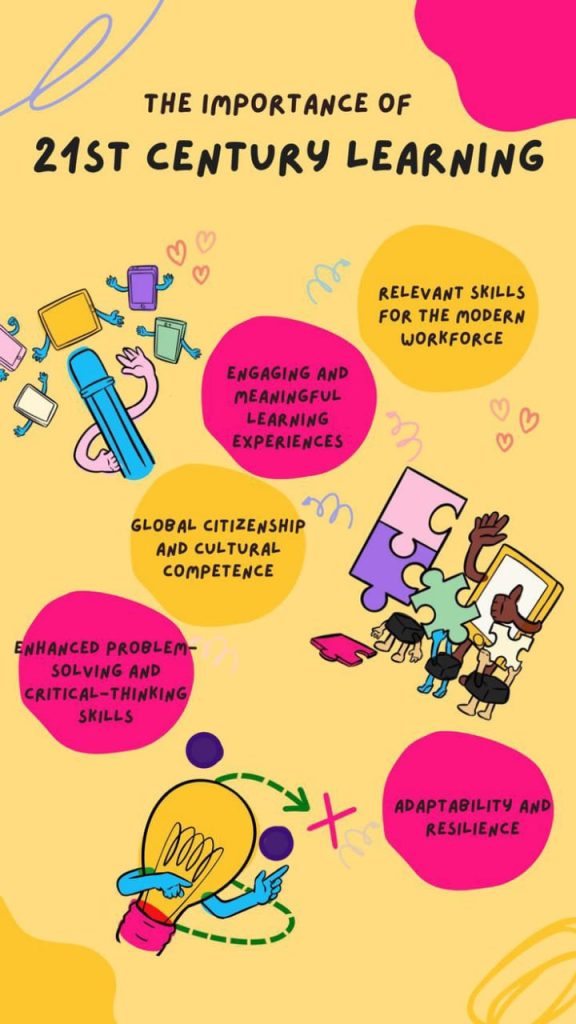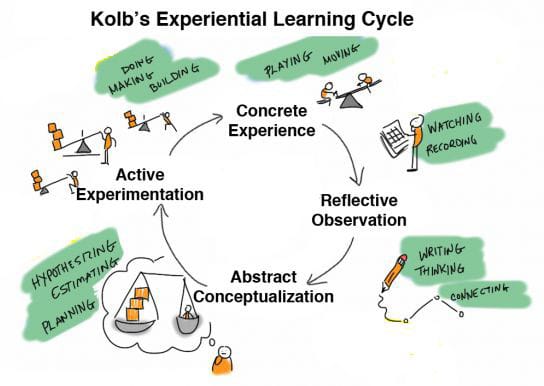

Innovative learning environments are crucial for fostering a well-rounded education and preparing students for the complexities of the modern world. One way students can experience such diversity is by studying abroad, where they encounter a variety of educational methodologies and classroom cultures. In this article, we will compare the academic benefits of experiencing diverse educational systems and how they contribute to a more comprehensive education.
Exposure to Varied Teaching Methods:
Studying abroad exposes students to a wide range of teaching methods and pedagogical approaches that may differ from those in their home country. For example, some countries may emphasize lecture-based learning, while others prioritize hands-on, experiential learning. By experiencing different teaching methods, students gain a deeper understanding of how knowledge is imparted and absorbed, allowing them to identify their preferred learning styles and adapt to various educational environments.
Cultural Perspectives in Education:
Educational systems are often shaped by cultural norms, values, and traditions, leading to diverse classroom cultures around the world. Studying abroad provides students with firsthand exposure to these cultural perspectives, allowing them to compare and contrast educational practices across different societies. By immersing themselves in diverse classroom cultures, students develop cultural sensitivity, empathy, and respect for different ways of learning and thinking.
Enhanced Critical Thinking Skills:
Encountering diverse educational methodologies challenges students to think critically and analytically about their learning experiences. By comparing and contrasting different approaches to education, students are encouraged to evaluate the strengths and weaknesses of each method and consider how they can integrate these insights into their own learning journey. This process of critical reflection fosters intellectual curiosity, open-mindedness, and adaptability, which are essential skills for success in a rapidly changing world.
Preparation for Global Citizenship:
Experiencing different educational systems prepares students for global citizenship by fostering a broader perspective on education and society. Through exposure to diverse teaching methods, students develop an appreciation for the complexity and richness of global educational landscapes. They also gain insights into the socio-cultural, economic, and political factors that shape educational policies and practices around the world. This understanding empowers students to become informed and engaged global citizens who are equipped to address complex challenges and contribute positively to their communities.
Promotion of Lifelong Learning:
Experiencing different educational systems instills a lifelong love of learning and a growth mindset in students. By embracing new teaching methods and classroom cultures, students cultivate a spirit of curiosity, creativity, and adaptability that extends beyond their academic pursuits. They become lifelong learners who are eager to explore new ideas, seek out diverse perspectives, and continuously expand their knowledge and skills throughout their lives.